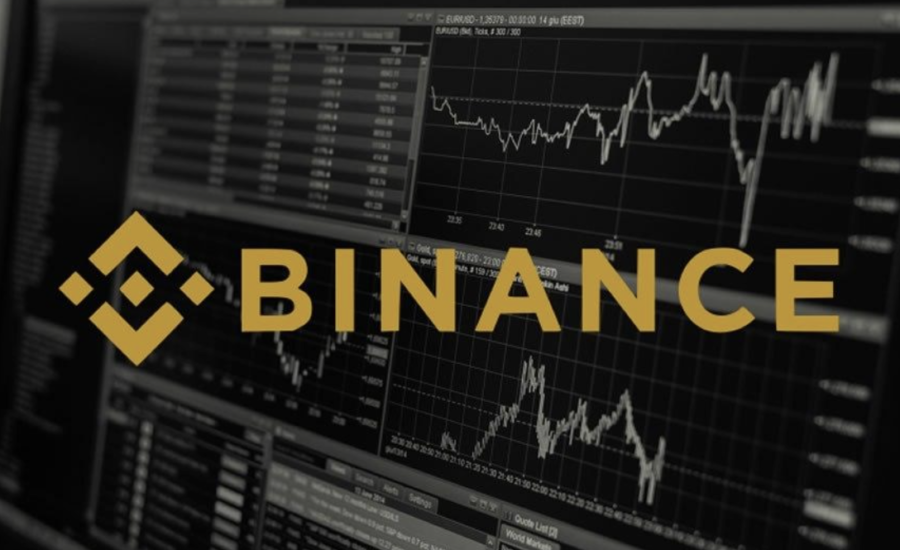How Accurate are Binance Signals? A Comprehensive Analysis
Binance signals have become a popular tool among cryptocurrency traders looking to maximize their profits and minimize losses. But just how accurate are these signals? In this comprehensive analysis, we delve into the world of Binance signals to determine their true accuracy and help you make informed trading decisions.
What are Binance Signals?
Binance signals are trade recommendations provided by experienced traders or automated algorithms. These signals typically include essential information such as entry price, stop loss, and take profit targets, allowing you to execute trades on the Binance platform with more precision and confidence.
Factors Influencing Signal Accuracy
Several factors can impact the accuracy of Binance signals. Understanding these factors can help you assess the reliability of the signals you receive.
1. Signal Source
The accuracy of Binance signals largely depends on their source. Expert traders with years of experience and proven track records tend to provide more accurate signals. In contrast, signals generated by less experienced traders or automated algorithms may not be as reliable.
2. Market Conditions
Cryptocurrency markets are highly volatile, and sudden changes can impact the accuracy of signals. While some signal providers may have a better understanding of market trends and adapt their signals accordingly, it’s essential to be cautious and not rely solely on signals when making trading decisions.
3. Signal Timeframe
Signals can be provided for various timeframes, such as short-term, medium-term, and long-term trades. Generally, longer-term signals tend to be more accurate as they are less susceptible to market noise and short-term fluctuations.
Evaluating Binance Signal Providers
To assess the accuracy of Binance signals, it’s crucial to evaluate the signal providers themselves. Here are some tips to help you choose a reliable provider:
- Research the provider’s background and track record to ensure they have a history of successful trades.
- Look for verified performance reports that demonstrate the provider’s success in generating accurate signals.
- Read user reviews and testimonials to gauge the experiences of other traders with the provider.
- Test the provider’s signals using a demo account or by starting with small trades to assess their accuracy and reliability.
Conclusion
The accuracy of Binance signals can vary depending on factors such as the signal source, market conditions, and signal timeframe. To ensure you’re using reliable signals, take the time to evaluate the signal providers and apply your own judgment in addition to the signals when making trading decisions. By doing so, you can potentially increase your chances of success in the highly volatile world of cryptocurrency trading.


